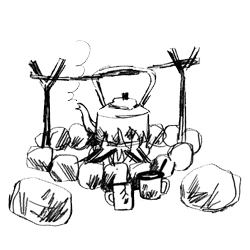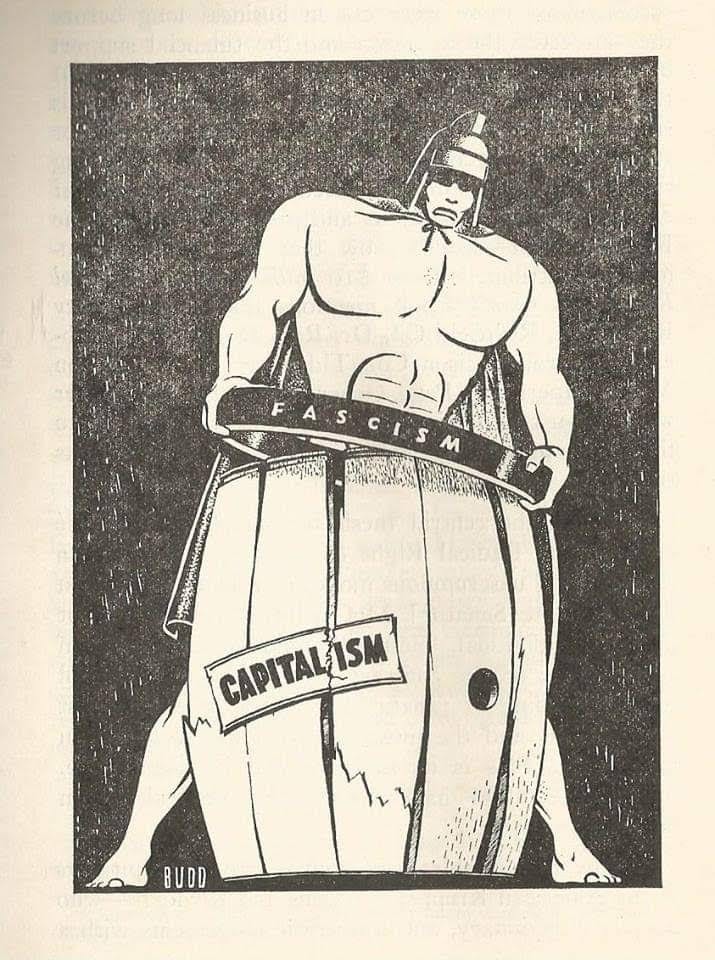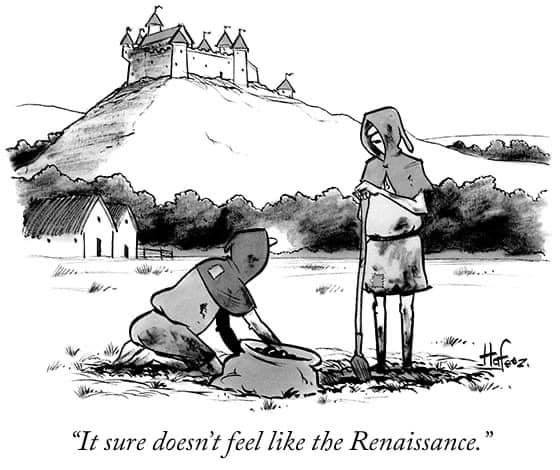The new #NGO generation are in the process of the second sell-out of the #openweb. These people are eather new or are comeing back to this “native” space, have stepped stright into running the current reboot after the original grassroots path burned out and was pushed aside. This new “NGO generation” holds strong views, their perspective, is that they already lived through a catastrophic failure once, and they are determined not to repeat there version of it.
Their mostly blinded story goes something like this: “We tried radical openness, tried informal governance, trusting culture to hold things together, It didn’t survive scale, money, or power.
The result was capture by corporations far worse than anything we imagined, we can’t afford another naïve collapse.” This trauma – not betrayal – is their common sense starting point. Many of these people genuinely believe they were burned by “idealism”.
From this NGO insider view, they did watched Flickr get eaten by Yahoo, Twitter go from a playful commons to authoritarian infrastructure, and Facebook hollow “community” into extraction. They watched # fashernista volunteer governance implode under harassment, burnout, and capture, but what they did not see was the intolernce of the internal imploshern.
From that self inflicted wreckage, they did not conclude that capitalism is the problem, they concluded that informality does not scale and gets eaten alive by capitalism. So when they hear words like commons, grassroots, trust-based, or we’ll figure it out as we go, what they actually hear is: “We’re about to lose everything again, but faster this time.” That fear shapes everything in the current takeover path they push us down in the Fediverse.
They, think they are OK, and see themselves as harm reducers, rather than visionaries or builders of a new world. In their mindset, “real alternative talk” is too often how bad actors slip in. Their self-image is closer to #mainstreaming than the alt they are trying to manage, thus are think inside the current system, the alt is working to change and challange.
- Platforms exist – you can’t wish them away
- Capital exists – you can’t abolish it from a policy office
- States exist – and they will regulate you whether you like it or not
So their question isn’t “What world do we want?” It’s “How do we prevent the worst outcomes in the world we actually have?” That’s why their tools are regulation, standards bodies, foundations, charters, boards of the great and the good (or at least the less bad). To them, this is adult responsibility, not what we see in the alt as sell-out.
So why do NGO paths feel “inevitable” to them? They believe power only listens to things that look like power, that, what matters, is that governments won’t talk to messy collectives, anonymous affinity groups, rotating stewards and informal federations like our native #Fediverse. Funders won’t fund things without legal entities, without accountability structures or paths without named decision-makers. Media won’t quote “the commons”, “the network”, “some people on the Fediverse”. So to them the path needs foundations, and boards, which aren’t ideological to them, they’re blind to this only seeing simple translation layers in there work.
At their best, they see themselves as “Standing between chaotic grassroots energy and hostile institutions, translating one to the other, so the whole thing doesn’t get crushed.” From inside this framing, NGOs aren’t buffers, they’re shields, a polite way of saying #blocking. Where they are partly right – and where it goes wrong – is that yes, some of their fears are real. Millions of people depend on existing infrastructure, sudden collapse hurts the most vulnerable first, and power vacuums often produce authoritarianism or monopoly – not freedom.
Their nightmare scenario is not enclosure, its collapse followed by something worse. So aim for incremental change, stability (for themselves and their class), and institutional continuity, even when it’s ugly. This is dressed, with radical lipstick up as legitimacy, but, sadly, it functions as structural #blocking.
This part is uncomfortable, but central, they marginalise grassroots voices, and believe this is justified. They sincerely believe grassroots underestimate adversaries and overestimate culture, so will collapse under conflict by refusing compromise needed for staying power. They tell themselves “We’ve seen this movie. Passion burns hot, then disappears. Institutions are what remain when people move on.” So when they sideline grassroots projects as “naïve” or “unscalable”, they think they’re being pragmatic, not abusive. In there common sense they don’t see exclusion, they see triage, were they are the doctors saying who lives and dies.
Where the worldviews break is both sides are responding to real history, they just draw opposite lessons from the same wreckage. What the #NGO crew don’t see – and why this keeps looping – is that their “stability” reproduces enclosure, their “common sense” legitimacy reproduces hierarchy and professionalism produces exclusion, the obsession with safety produces stagnation.
From inside these sell-out paths, survival feels like success with funded projects, policy wins, seats at tables and published NGO frameworks. The tragedy is that both sides are trying to prevent disaster, but they are optimising against different disasters. Capitalism is very good at rewarding one of those fears while quietly #blocking the other.
From the NGO side, grassroots looks reckless, from the grassroots side, the NGO crew looks complicit. Both are partly right – but the power imbalance matters. The NGO crew controls: funding, platforms, mainstream legitimacy and narratives. Which means their fear shapes reality far more than the real hardworking people actually building change and challenge at the grassroots.
Some of the lies that keep this messy system running are “We are neutral stewards, not power holders.” This is a claim to power with NGOs and foundations acting as if they merely facilitate and convene. But they control funding flows, agenda setting, who is “in the room”, which projects are “serious” and finally which histories are remembered. That is, #KISS, power.
They must deny this because admitting it would require accountability to the commons, which they structurally cannot offer. Their accountability flows upward to funders and states, not downward to people. So when challenged, they say “we’re just trying to help” – while continuing to decide. “We represent the ecosystem.” They don’t. They represent whoever didn’t leave there process and whoever depends on their funding to make them stay.
Non-participation is treated as absence, not refusal. Blocking, muting, and burnout are erased. Their legitimacy depends on being the voice, because if they admit they’re just one actor among many, their seat evaporates. Reports about “the community” are published without recall, veto, or dissent.
“Anyone can participate.” But participation requires unpaid labour, institutional literacy, polite tone-policing, time abundance, and tolerance for bureaucratic process. Then the exclusion is reframed as personal failure. When grassroots actors disappear, the story is that “They disengaged.” Never “We made engagement unbearable.”
Formal governance, regulation, and the illusion of control is a dogma that formal structures prevents capture, its an old lie. Formalisation doesn’t prevent capture, it defines the capture interface. Once power is legible (roles, chairs, processes), it becomes fundable, lobbyable, and replaceable.
Informal power is hard to seize, formal power is easy. NGOs point to “best practice governance” while real decisions happen off-record. Likewise, regulation is not a substitute for collective ownership. Regulation manages behaviour, not incentives, shareholder obligation remains, extraction remains, enclosure remains – just slower and more polite. Abolition or ownership transfer is politically unthinkable from their position, so guardrails are celebrated while the underlying model stays untouched.
This is about scale, collapse, and conflict “Scale is necessary to matter” is another unexamined belief. Most harm on the internet comes from scale, most resilience comes from multiplicity, redundancy, and smallness. #NGOs chase scale because that’s how they survive – while dismissing small systems that actually work. Likewise, they claim “we prevent collapse” hides the truth: they mostly prevent transition, stabilises dying models long enough for capital to reconfigure and re-enter. Everything feels “temporarily stuck”, for years in there world.
And finally “Conflict harms the movement.” but in realerty, conflict is how power becomes visible. Suppressing it doesn’t remove it, it pushes it into backchannels, exits, forks, burnout, and silence. Yes, conflict scares funders, so dissent becomes “toxicity”, and #mainstreaming consensus is quietly enforced.
The deepest contradiction “We can midwife the commons without becoming its governors.” This has never been true, organisations that control resources, define legitimacy, and speak externally are exercising power, whether they admit it or not. Smiling NGOs are not outside power, they are simply power with better PR. They say they exist because they don’t trust people. They say they represent people. You cannot hold both without lying to yourself.
Compost is the right metaphor as you can’t argue someone out of a frame that keeps their institutions alive, you can only make that frame less central by growing something that actually works. That’s what the #OMN path is about – if people build it, support it, and let it grow in the spaces we work to open up, we can become the change and challenge we actually need.
The #Fediverse as a lesson, it doesn’t need representation, it needs narration (many voices), aggregation (not unification) and refusal (to be spoken for). Every attempt to “represent” it recentralises it, makes it legible to power, and prepares it for capture. So the current move, the Fediverse isn’t being captured by villains, it’s being domesticated by caretakers. And history tells us enclosure doesn’t come screaming – it comes with minutes, frameworks, and funding rounds.

So, who are today’s bad guys? The corporate eliteits, the fossil fuel barons, the billionaire class, and their pet politicians. The #neoliberals who chant ‘TINA’ while the world burns. The green-washers and compromisers who whisper that change must be ‘reasonable’ while we march off a cliff.
Yes, it’s a mess.
DRAFT











